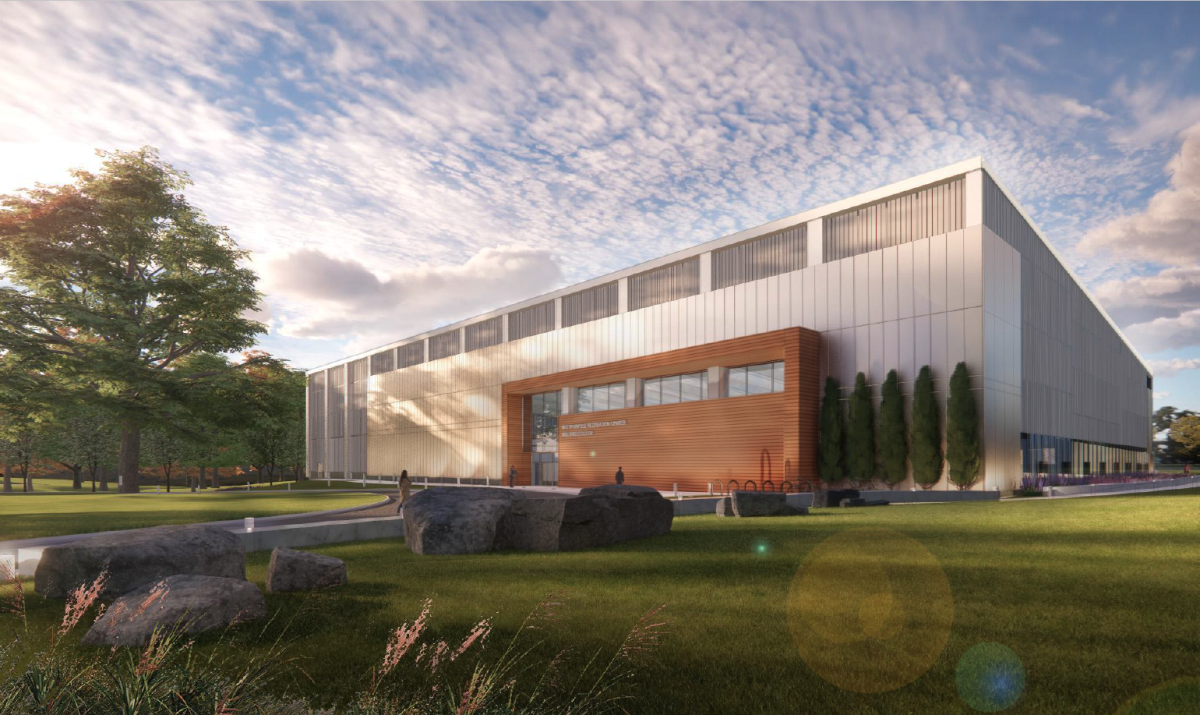My academic career at the College began in a drab little seminar room in the basement of Griffin Hall during fall 2021. As a newly matriculated student fresh off the heels of summer-camp-style First Days programming, I was anxious about what to expect from a college class, but my fears were quickly put to rest. Over the course of my first few seminar meetings, I fell in love with the liberal arts.
The intelligence of my professor and classmates — most of whom were older than me — immediately struck me, and I waxed poetic to my friends and family back home about how great Williams academics were, and about how I was experiencing exactly the sort of instruction that I had always wanted. The College, which had so compellingly pitched its undergraduate focused liberal arts curriculum, seemed to live up to its own hype.
It has been two years since I took PSCI 224 in Griffin 1, and I have found myself in many seminars since. I still have immensely fond memories of that class, but my outlook on the seminar as a structure has changed significantly. In that time, I have become more likely to ambiently loathe an approaching class discussion than giddily anticipate one. Since my first year, the seminars I have taken at the College have been, at best, wildly inconsistent, and at worst, frustrating and confusing.
While I believe that there is value in a class structure that centers the voices and interpretations of students, I think that, within Divisions I and II at the very least, there is too much focus on seminar education. Despite the fact that the seminar is an essential component of a liberal arts education, I believe that students at this school would be well served by an increased number of lecture courses.
Seminars are generally small courses in which students have the opportunity to drive discussion and learn through conversations and debates. The problem as I have experienced it, however, is that the conversations and debates that are supposed to uncover the truth rarely, if ever, reach a satisfying conclusion. In almost no seminar have I learned as much, or as efficiently, as I have in my lecture courses.
A typical seminar is characterized by imbalance: Some students have read more than others, some students feel more strongly about the readings than others, and some students are more willing to dominate a discussion than others. In some classes, there are too few incentives to do uninteresting readings; in others, the readings are too confusing for the students to engage in a productive conversation with one another. Sometimes, students who seem to have done no reading bizarrely bog down a meeting with tangential discussions from which professors have to awkwardly extricate the class.
Perhaps most importantly, seminars are unbalanced because none of the students have anything close to the knowledge of the professor. Each time a seminar discussion has floundered under the apathy of the students or our collective misunderstanding of the readings, I look to the professor to intervene and show us the light. My most persistent desire within a seminar is for the discussion-based aspects of the class to be rolled back and for the professor to give a clarifying lecture.
The best seminars I have experienced are those in which the students have the least autonomy. My friend describes these as quasi-lectures, in which the professor knows how to lead the discussion in such a way that clear conclusions are drawn and specific points are made. Looking back, I realize that the political science seminar that I loved so much during the fall of my first year was exactly such a class.
These pitfalls would be of minor annoyance if it were not for the fact that seminars are so essential to the education that Williams offers. Outside of Division III, it is almost impossible to complete a major without taking a substantial amount of seminar classes. More importantly, however, seminar classes often provide foundational knowledge within a given major that cannot be learned through lectures.
At the College, the lecture is a class format reserved almost entirely for introductory classes; lectures provide a basic overview of a field and nothing more. To take higher level political science, sociology, art history, or English classes, one has to take seminars, which may or may not provide a clear understanding of the class topic.
What’s more is that, because Williams does not have a core curriculum, students in seminars lack a shared language with which to speak with one another. Students in a literary theory class cannot apply the tools they are using to the same texts; history majors taking courses on historiography are likely to have minimal shared knowledge of historical events to draw upon. The absence of a shared canon within a given field ultimately privileges students from well-resourced high schools with more diverse curricula, who are likely to be more confident, and have more to say, in a seminar than their less privileged counterparts.
Though I have experienced excellent class discussions and developed as a student through my participation in seminars, these classes are liable to yield much confusion and little in the way of concrete information. I am sympathetic to those who enjoy the meandering and unpredictable nature of Williams seminars, and understand that some topics resist the simple objectivity that lectures provide. I believe that there is a place for well-designed seminars at the College, but I think that the seminar is limited in its applicability to clearly defined topics with which students are well-prepared to engage.
At Williams, the discussion format is not without its positive qualities, but it is far too widely applied. I firmly believe that students should, at the very least, be given the option to engage with more material through clear and predictable lectures. Though I fell in love with the liberal arts thanks to an excellent seminar, we might be better served by a heavier dose of something else instead.
Nelson Del Tufo ’25 is a political science major from Big Indian, N.Y.







